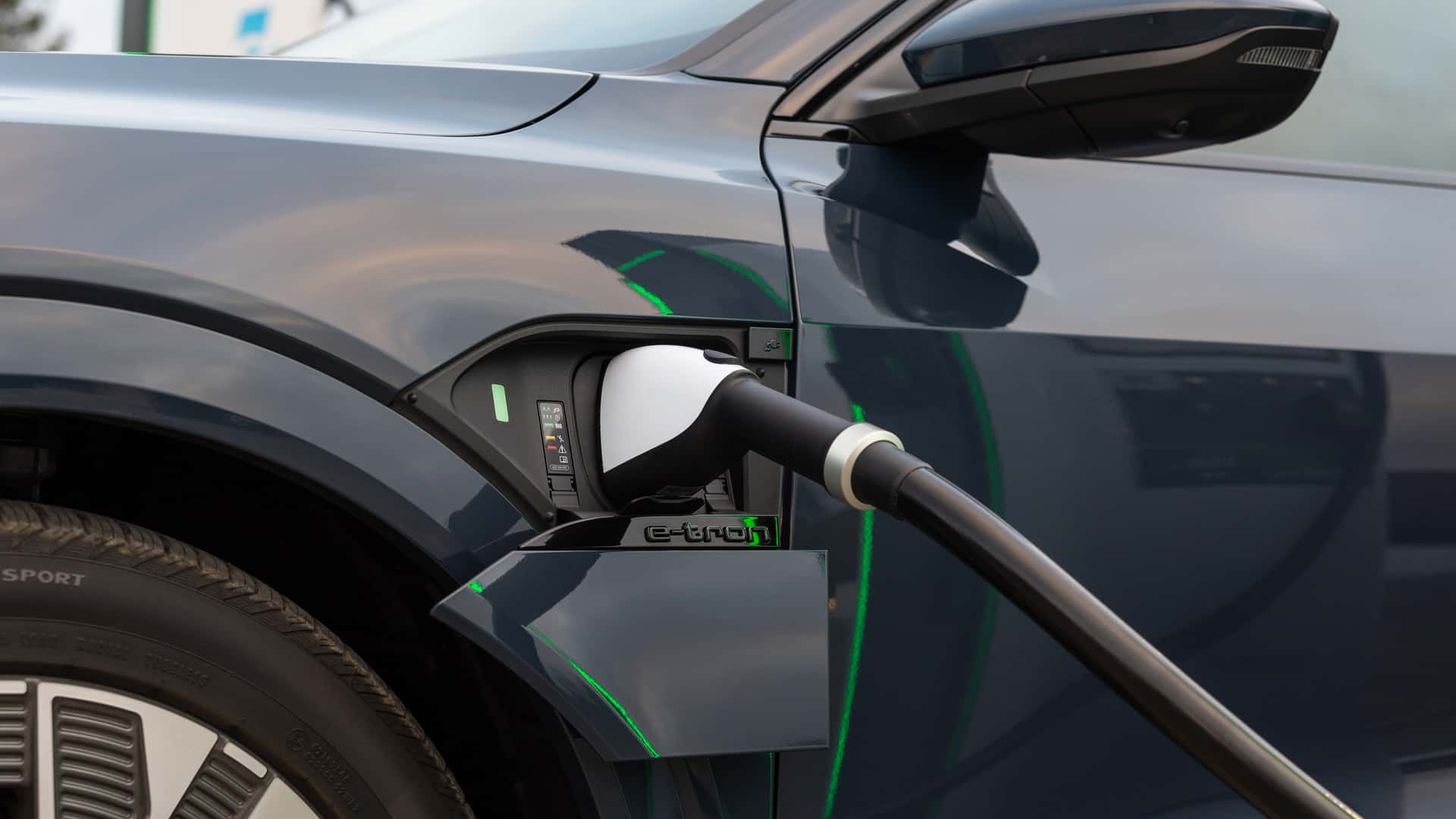
New research on electric vehicle growth in the US reveals that nearly half of consumers who intend to purchase a new vehicle in the next two years are planning to buy a plug-in model. The data is part of multi-national accounting firm Ernst & Young’s (EY) annual Mobility Consumer Index (MCI).
EY surveyed more than 15,000 consumers from 20 countries and ranked the US in the seventh spot for overall EV readiness. The top three spots are held by China, Norway, and Sweden. China is the world’s largest new energy vehicle (NEV) market, while Norway leads the world in the percentage of EVs among new vehicles sold – 90 percent of new vehicles in the Scandinavian country in June 2023 were plug-in models.
The EY survey revealed that consumer interest in EVs is at an all-time high in the US, with 48 percent of new buyers intending to purchase a hybrid, plug-in hybrid, or pure electric model in the next 24 months. Steve Patton, EY Americas Mobility Sector Leader said, “The MCI takes an in-depth look at the tipping point for vehicle electrification, how soon autonomous and shared mobility will take off, and overarching societal implications.”
He also implied that consumers are embracing the idea of EVs due to a multi-front effort led by manufacturers, legislators, and the government. “On the heels of government legislation aimed at mitigating consumer concerns and driving increased collaboration between private and public sectors, this year’s data demonstrates that the US is at a true precipice when it comes to mainstream EV adoption.”
The US government’s Inflation Reduction Act (IRA) provides consumers with up to $7500 in tax breaks on new plug-in models. The IRA also offers several incentives to automakers and battery manufacturers, who can save hundreds of millions of dollars annually from the government’s EV war chest. Moreover, carmakers like Tesla, General Motors, Ford, and Hyundai among others have multiple new EVs in the pipeline with affordable starting prices.
The EY data shows a 19 percent increase in EV intent and sentiment compared to the 2022 MCI results. A major factor leading to the positive results was a shift in consumer confidence. Nearly 30 percent of US car buyers considering an EV are doing so because they believe EVs outperform ICE vehicles.
But concerns over charging infrastructure and safety continue to deter faster EV adoption. 51 percent of US consumers feel worried about finding charging stations in nonresidential facilities, while 57 percent cite the safety of home chargers as a key stumbling block. EV batteries are prone to fire risks, and the subsequent thermal runaway events make it harder for extinguishers to douse the flames.
Note that US-specific findings included only 1500 respondents, so it’s unclear if the larger car-buying audience in the country would resonate with these results.

